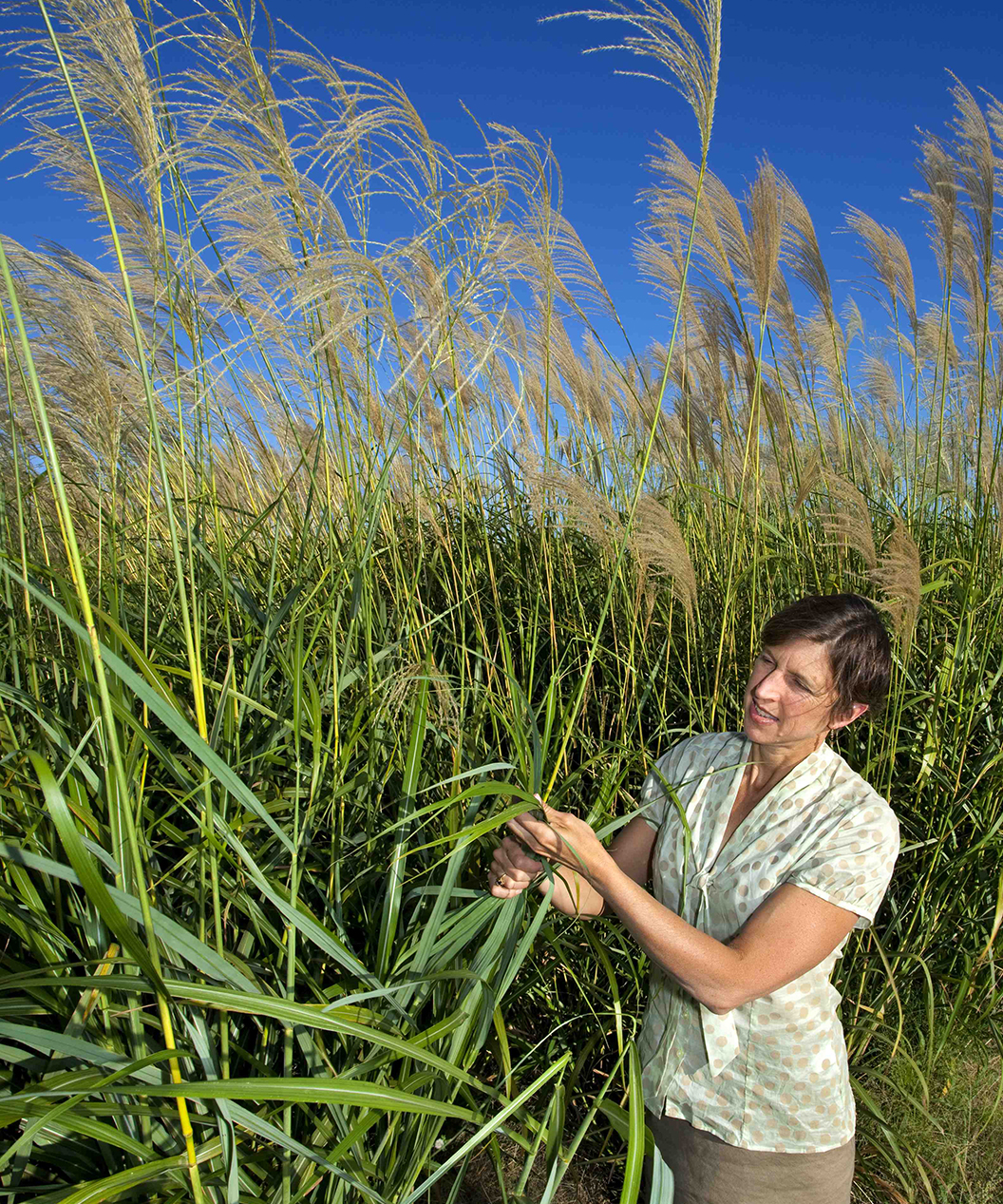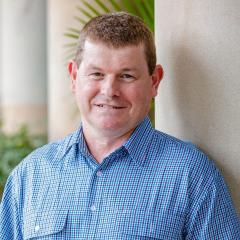Tropical agriculture presents humanity with its most pressing food security challenges – but it is also the world region that harbours some of the most exciting opportunities, as farmers and scientists step up to the challenge of ensuring there is enough to feed tomorrow’s grandchildren.
This is why one of the leading innovators in this field, Professor Pamela Ronald from the University of California, is keen to help people understand the tide of change heading our way and join her in the journey.
“I really enjoy talking to people because there’s a lot of curiosity about agriculture and especially plant genetics,” she says.
“But we are also seeing public trust in science eroding. People have started to pick and choose what they ‘believe’, as if scientific knowledge is a buffet of ideas and you only need to consume what is personally appealing.”
Professor Ronald’s research is looking to find genetic solutions to the food crisis, such as ways to make staple crops like rice more resilient to disease, pests and climate impacts. Without such a defence crops fail, food prices spiral upward and people starve.

Professor Ronald will be a keynote speaker at the 2019 TropAg International Conference from 11-13 November in Brisbane.
Pointing to the chance to not just break the poverty cycle in the tropics but turn the region into a global food centre, Professor Ronald explains how we now possess some of the most powerful biological tools in human history; technologies such as molecular biology (genetics) that have the potential to endow crops with innate disease immunity and increased tolerance to adverse growing conditions such as droughts or flood.
A recent example of this was Professor Ronald and colleagues identifying a gene from an ancient rice variety that allows the plant to survive even while submerged by floodwater.
The gene (called Sub1) has now been crossbred into cultivated rice varieties at the International Rice Research Institute (IRRI) in the Philippines. The resulting cultivars are now being grown by more than six million subsistence farmers in India and Bangladesh.
Professor Ronald has also isolated a gene (called Xa21) that protects rice from bacterial blight, one of the most destructive diseases of cultivated rice. It infects millions of hectares annually and is capable of causing crop losses as high as 75 per cent during a severe epidemic.
And Professor Ronald is quick to point out that it’s not only farmers who benefit from such science, but also the environment. “With advances in gene-based breeding has come opportunities to enhance the sustainability of agriculture by reducing the need for chemical sprays, such as insecticides.”
She says this type of breeding innovation results in a trifecta of benefits, all based on genetic enhancements: more food reaches consumers, farming systems become more sustainable, and production costs for farmers are reduced even as their harvests are increased, putting more money into their local communities.
These innovations not only help lift rural communities in developing countries out of poverty, but also strengthen the viability of farmers in developed countries.
The scope for beneficial impacts excites Professor Ronald and she is keen for people to understand the science and share in a sense of excitement for the future.
Her public communication activities includes a 2015 TED Talk, The case for engineering our food, that has been viewed by over 1.7 million people and translated into 26 languages.
She also founded the UC Davis Institute for Food and Agriculture Literacy to provide the next generation of scientists with the training they need to become effective communicators.
In 2019, Professor Ronald was awarded the American Society of Plant Biologists Leadership in Science Public Service Award.
She is also the co-author of Tomorrow’s Table, written with her husband, organic farmer Raoul Adamchak, which explores the role of genetic improvement in sustainable agriculture.
Media enquiries:
- Professor Pamela Ronald, pcronald@ucdavis.edu
- Margaret Puls – m.puls@uq.edu.au Tel: 0419 578 356
- Carolyn Martin – Carolyn.martin@uq.edu.au Tel: 0439 399 886
More information: www.tropagconference.org
- About TROPAG – the world’s premier international tropical agriculture research conference
- View the TropAg 2019 program - Full and Day Registration options



